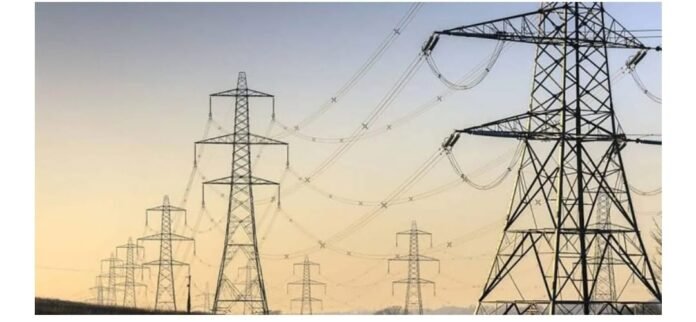In the face of the ongoing power crisis plaguing Guwahati and the wider Meghalaya state, Leader of the Opposition at the Meghalayaya Legislative Assembly, Ronnie V Lyngdoh, has made a fervent appeal to all political parties to transcend their differences and join forces to find a sustainable solution. Recognizing the urgent need to address the critical issue of power shortages, Ronnie has emphasized the importance of collaboration for the betterment of the state and its residents.
With Guwahati grappling with persistent power outages and an overburdened power grid, Ronnie’s call for political parties to unite is a timely and crucial one. By setting aside political rivalries and pooling their collective knowledge and resources, the parties can tackle the power crisis head-on, ensuring a brighter and more stable future for the region.
The power crisis in Guwahati and Meghalaya demands a multifaceted approach, encompassing both short-term relief measures and long-term sustainable solutions. Ronnie’s proposal for collaboration focuses on three key areas: identifying the root causes of the crisis, promoting renewable energy sources, and enhancing governance and management within the power sector.
Collaboration among political parties will enable a thorough examination of the underlying causes of the power crisis. By conducting comprehensive assessments of the existing power infrastructure and identifying bottlenecks, the parties can devise strategies to alleviate the strain on the system. This may involve upgrading the power infrastructure, implementing smart grid technologies, and improving transmission and distribution networks.
Ronnie emphasizes the immense potential of renewable energy in addressing the power crisis. Guwahati’s geographical advantages, including its rivers and hilly terrain, make it ideal for harnessing hydropower and other renewable sources. By investing in renewable energy projects and reducing reliance on conventional power sources, the state can mitigate the power crisis while simultaneously moving towards a greener and more sustainable future.
Furthermore, the opposition leader highlights the importance of improving governance and management within the power sector. Collaborative efforts can lead to reforms in policy, regulations, and institutional frameworks, ensuring transparency, accountability, and efficiency. These reforms will create an enabling environment for increased investment, innovation, and private sector participation in the power sector.
In addition to these measures, public awareness campaigns and education initiatives will be vital in changing attitudes and promoting responsible energy consumption among citizens. By encouraging individuals and communities to adopt energy-efficient practices, the overall demand for power can be reduced, contributing to the alleviation of the power crisis.
Guwahati’s power crisis necessitates a united front from political parties. Leader of the Opposition Ronnie V Lyngdoh’s call to set aside differences and collaborate demonstrates a forward-thinking approach to solving the issue. By working together, political parties can address the root causes of the crisis, promote renewable energy, enhance governance, and educate the public on responsible energy consumption. This collaboration will pave the way for a resilient and sustainable power sector in Guwahati and Meghalaya, benefiting all residents and ensuring a brighter future for the region.



